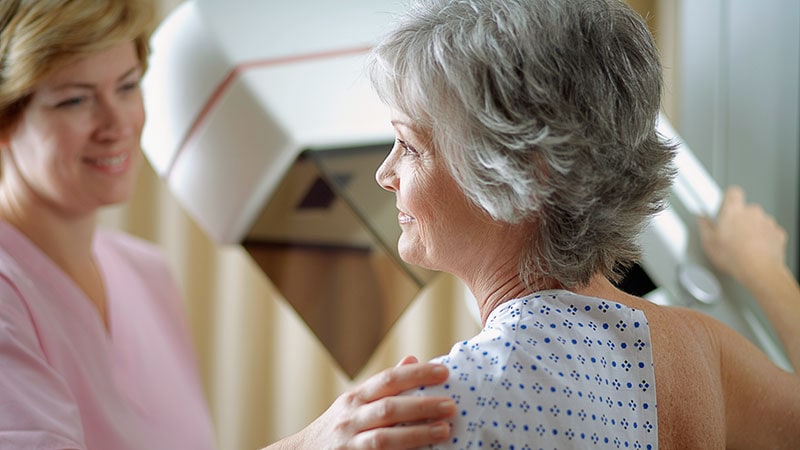An overhaul of cancer screening programmes in England has been ordered following an error that led to thousands of women failing to receive screening test letters.
Prof Sir Mike Richards, the NHS's first cancer director, has been appointed to head a review team that will assess how current screening programmes are working and advise how they might be improved.
NHS England said that increasing early detection of cancers was "at the heart" of the NHS's long-term plan to upgrade services.
Review Will Examine NHS Service Outsourcing
Sir Mike has been asked to look at how latest innovations could be utilised, including the potential use of artificial intelligence, integrating research, and encouraging more people in eligible groups to be screened.
As part of the process, the review will advise NHS England and Public Health England on the best operational delivery model for current screening programmes, including possible changes to currently outsourced provision.
Sir Mike said: "There is no doubt that the screening programmes in England save thousands of lives every year. However, as part of implementing [the] NHS's long-term plan, we want to make certain they are as effective as possible.
"This review provides the opportunity to look at recent advances in technology and innovative approaches to selecting people for screening, ensuring the NHS screening programme can go from strength to strength and save more lives."
Findings of the review are anticipated next summer and are expected to make recommendations in a number of areas, including:
- How screening policy should be modified in the future, including horizon scanning (the intelligence gathering part of strategic foresight), reviews of effectiveness and advice from clinical experts
- How best to integrate screening programmes with other initiatives - the NHS cancer programme is leading to promote early diagnosis of cancer and other life-threatening illnesses, and place it as part of a wider approach to prevention and early intervention
- Introducing new screening technologies and update information technology (IT)
- How screening programmes should be commissioned, delivered, and quality assured
- How to ensure that the necessary workforce is trained to deliver the programmes
- How best to ensure ongoing research and evaluation can be integrated into the screening programme
Steve Powis, NHS England's national medical director, said: "Screening is a vital and effective tool in our fight against cancer. However, recent issues with breast and cervical cancer screening have shown that we need to look closely at these existing programmes.
Prof Paul Cosford, medical director at Public Health England (PHE), said: "The NHS's world-leading cancer screening programmes are a key early intervention that saves lives, and Sir Mike Richards is uniquely well placed to advise on how we improve it for the 21st century."
Cancer Screening Error
There are currently three national cancer screening programmes: cervical, breast, and bowel.
Earlier this week, private NHS service provider Capita was forced to apologise after failing to communicate effectively with more than 40,000 women in England who were eligible for cervical cancer screening.
It led the British Medical Association (BMA) to describe the situation as appalling, and call for NHS outsourced services to be taken back under direct NHS control.
Responding to NHS England's announcement of a review into cancer screening, Dr Fran Woodard, executive director of policy and impact at Macmillan Cancer Support, said: "We welcome the announcement of a review into cancer screening and believe Sir Mike Richards is well-positioned to lead this. The review should aim to find short-term fixes to address failings in the delivery of screening programmes.
"Everyone who is eligible for screening should be invited promptly, able to book an appointment easily and receive their results as quickly as possible, which is particularly crucial at a time when people are often experiencing significant anxiety.
"The review must also pave the way for long-term improvements to the screening process using innovations in technology and science to help ensure more people are diagnosed with cancer at the earliest possible stage."




